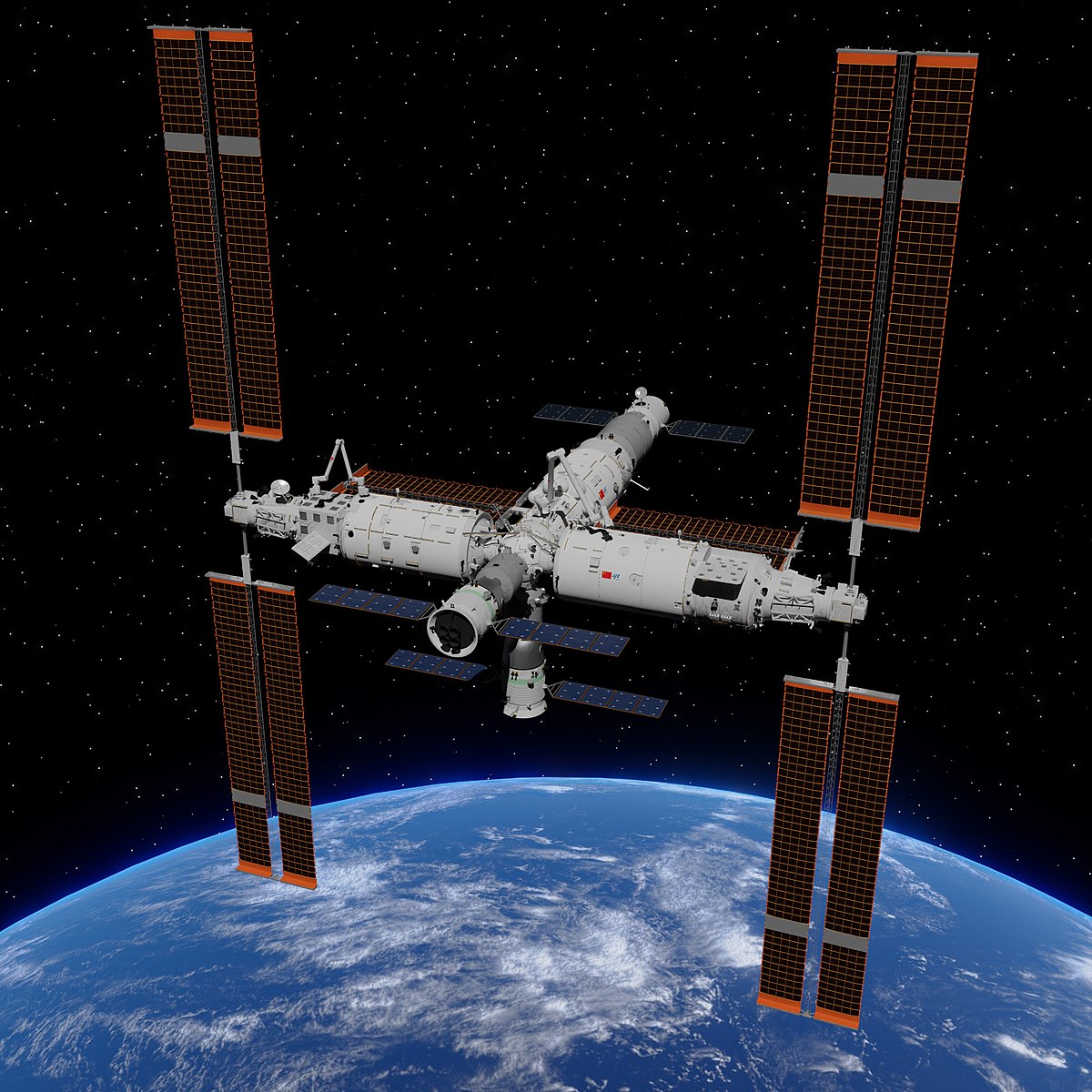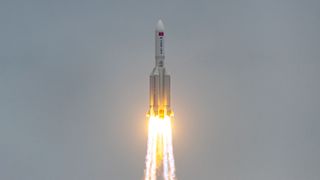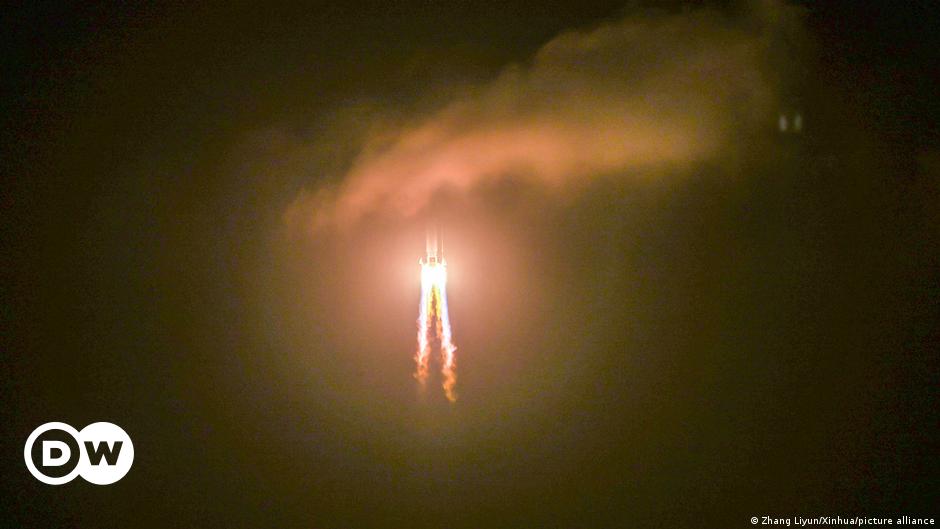BudmanTX
Well-Known Member
We're cloudy now, rain coming Sun.
Cloudy here too.....we just had a rain storm come through...
We're cloudy now, rain coming Sun.
Venus is slowly climbing into the evening sky. Today is the sixth evening in a row that I’ve acquired it in binoculars.
I probably could have spotted it sooner, but clouds.

The photo? Internet pic. No way my phone can perform like that.Nice grab btw..
The photo? Internet pic. No way my phone can perform like that.

I read an account of his experience of the mission. He was good with not being a moonwalker. His time in Columbia by himself he remembered as something special in a good way.RIP Michael Collins. The only human alive on July 21 1969 who wasn't in this photo.
View attachment 4889567
I read an account of his experience of the mission. He was good with not being a moonwalker. His time in Columbia by himself he remembered as something special in a good way.
And now I’m gonna ruin it by telling the only Collins joke I know.
Q: How did Michael Collins train for the mission?
A: He dropped his wife off at the mall, then circled the parking lot until she came out.








I used to tell my kids it is a Cheshire cat moon.
Jupiter is currently in Aquarius and should be in the south at dawn.This morning I noticed a particularly bright star in the sky, daylight was just creeping over the horizon but even when it got halfway daylight it was still cleary visible, its in the northern hemisphere just around sunrise in the east.
Can someone confirm its jupiter I'm seeing?
I checked Google but I can't find a definite answer but jupiter is visible during May.

